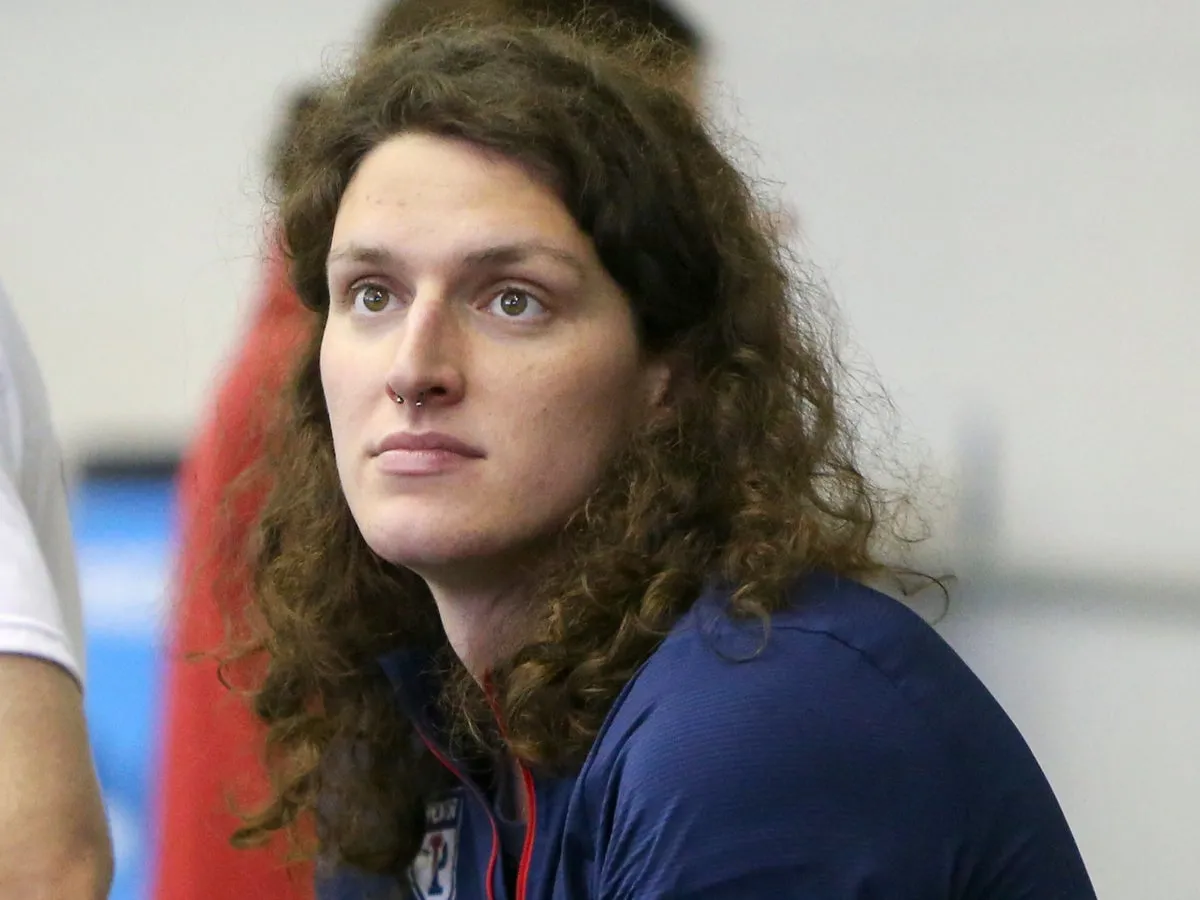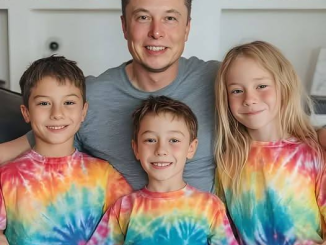Elon Musk, the billionaire entrepreneur behind Tesla and SpaceX, has once again ignited widespread discussion, this time over the contentious issue of biological men participating in women’s sports. Musk took to Twitter to share his belief that allowing biological men to compete in women’s sports undermines fairness and competitive integrity. His remarks have fueled an intense debate on social media and beyond, drawing both support and criticism from various corners of society.
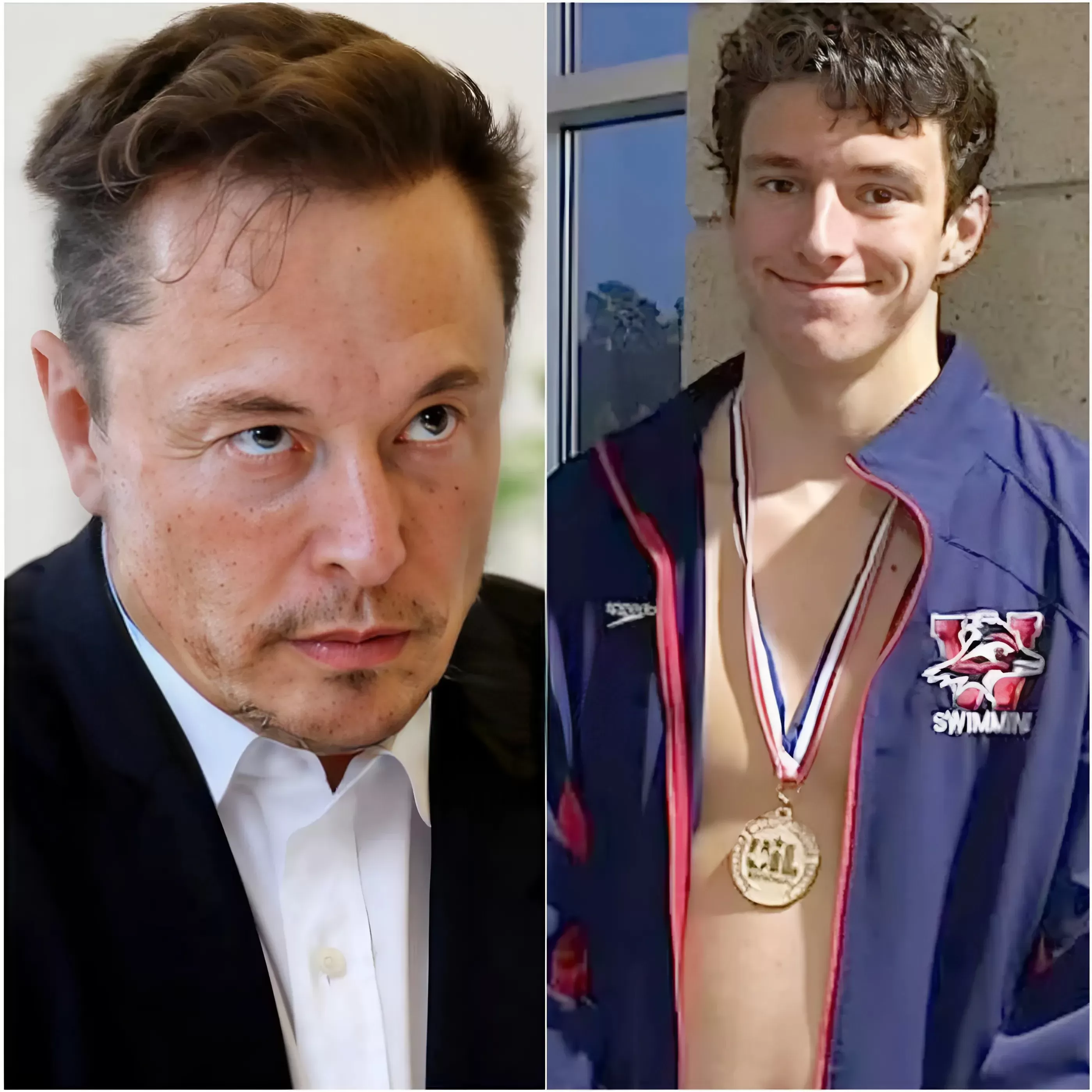
The controversy surrounding Musk’s statement has not been confined to social media alone. Commentators from Moscow and other international voices have weighed in on the matter, adding their perspectives to an already heated discussion. The participation of biological men in women’s sports has become a prominent issue in recent years, especially with the increasing number of foreign athletes joining women’s competitions. Proponents of exclusion argue that sports should be segregated based on biological sex to maintain fairness, while others advocate for inclusivity, emphasizing the importance of recognizing gender identity.
Critics of Musk’s stance, including voices from Moscow, argue that allowing biological men to compete in women’s sports creates an uneven playing field, particularly in physically demanding sports where biological differences—such as strength, speed, and endurance—may confer significant advantages. These critics assert that preserving the integrity of women’s sports requires maintaining clear boundaries to ensure fair competition.
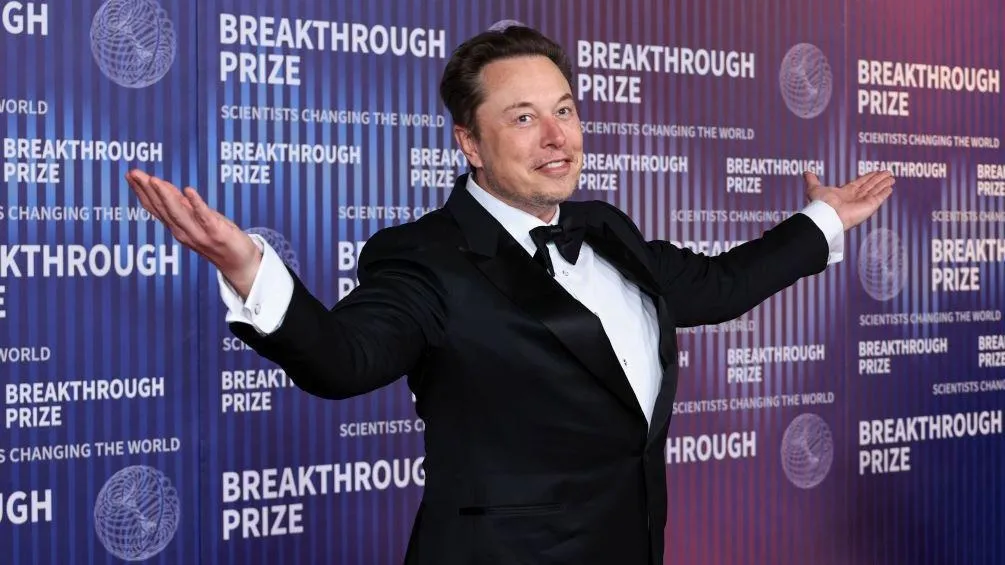
On the other hand, supporters of inclusion argue that denying athletes the right to compete based on their gender identity is discriminatory and undermines the principles of equality and diversity. They emphasize that sports should be an arena where all individuals, regardless of gender identity, have the opportunity to compete and excel.
Musk’s statement and the broader controversy raise critical questions about the balance between inclusion and fairness in sports. The debate touches on fundamental societal issues, including gender equity, human rights, and the evolving understanding of gender identity. While some see Musk’s comments as a defense of the integrity of women’s sports, others view them as a challenge to the rights of transgender athletes and a call for exclusion.
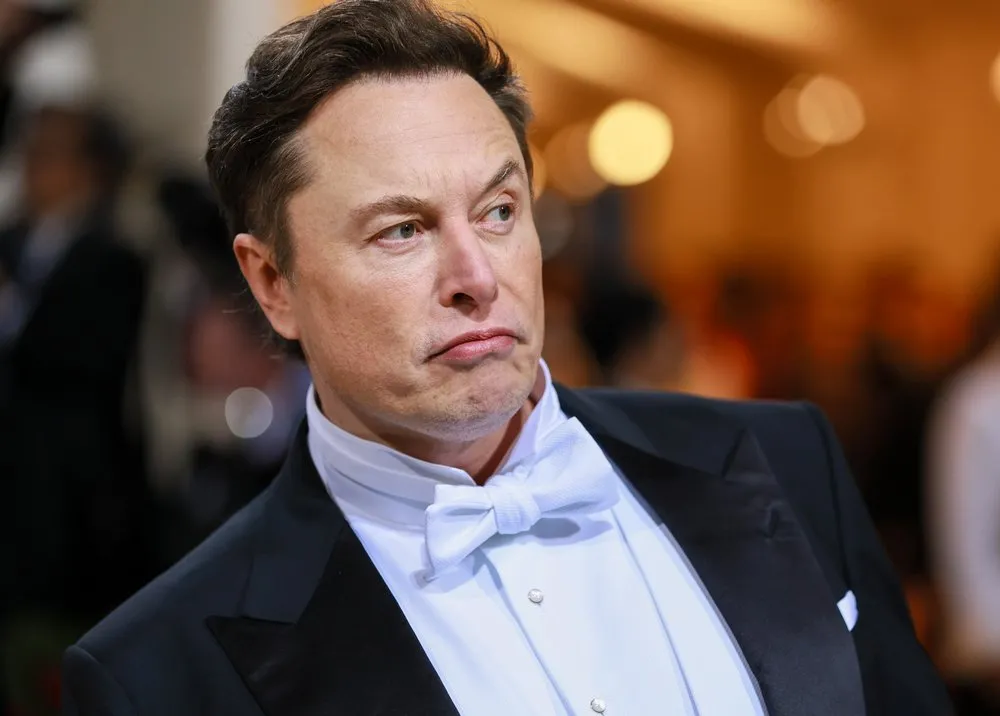
Moscow’s stance, advocating for the boycott of events involving biological men in women’s sports, has resonated with certain groups who prioritize the protection of women’s competitive integrity. For these individuals, the inclusion of biological men in women’s competitions threatens to diminish opportunities for female athletes and compromise the essence of fair play.
Conversely, many others believe that Musk’s statement underscores the need for a nuanced approach that respects both the rights of transgender athletes and the competitive fairness of women’s sports. This complex issue is unlikely to be resolved quickly, as it encompasses broader societal debates on gender, equity, and inclusion.
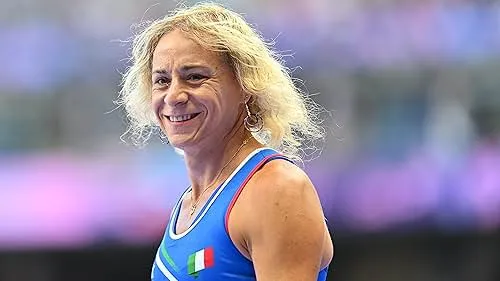
As the conversation continues, both supporters and critics are expected to fiercely defend their positions, striving to find a balance that honors the rights of all athletes while safeguarding the principles of fair competition. Elon Musk’s entry into the debate has added another layer of complexity, highlighting the challenges of addressing such sensitive and multifaceted issues in today’s rapidly evolving social landscape.
In the coming months and years, this discussion will likely shape policies and attitudes toward gender and competition in sports, with potential implications for how inclusivity and fairness are balanced in various aspects of society. The discourse surrounding Musk’s comments and the broader controversy is a testament to the ongoing struggle to reconcile competing values in a way that respects and uplifts all individuals.
